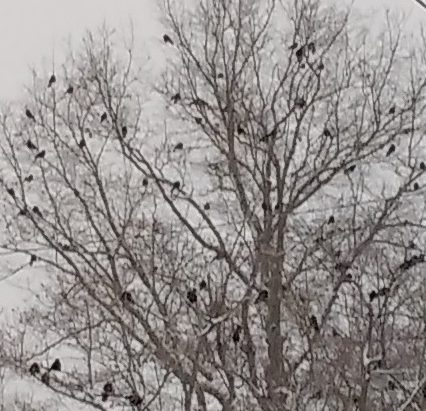
January 2019 Update on low pathogenic avian influenza
1-2-2019: Update on low pathogenic avian influenza (per Eric Gingrich):
Low-pathogenicity avian influenza (LPAI) does not pose a risk to public health or food safety. However, due to negative impacts on poultry health, when LPAI positive flocks are detected they are reported to state and national authorities. In addition to increased monitoring of the positive flock, flocks within a 10 km radius control zone are tested to carefully monitor potential spread of LPAI.
During late 2018, there were a few (8) commercial turkey flocks in Minnesota found positive for LPAI. These flocks were quarantined to stop movement off the infected farms, as well as being carefully monitored for any clinical disease. Unlike highly pathogenic avian influenza (HPAI), wherein flocks must be destroyed, poultry flocks that recover from LPAI can be sent to market via “controlled marketing.”
Under “controlled marketing”, the flock must first be routinely tested to track recovery and to establish that the flock is consistently test-negative for influenza. If so, then the flock can be cleared by the Board of Animal Health for market. The last negative test has to be within seven days of slaughter. As well, transport to slaughter is carefully controlled (special routes, transport vehicles/equipment) and timing of transport and slaughter are optimized to provide plenty of time for disinfection of transport and processing facilities prior to re-use. If “controlled marketing” is used, then the farm is not eligible for flock indemnity.
For any flock, avoiding infection with transmissible diseases is the best policy. Please continue to check your flock’s biosecurity status and keep your farm safe. It’s a good idea to periodically check the USDA site to find out more: www.aphis.usda.gov/animalhealth/defendtheflock. Click on the Resources link for updated biosecurity information.
As well, here is a good site for rodent control ideas: http://blog.uvm.edu/cwcallah/2016/10/14/rats-and-other-rodents/
